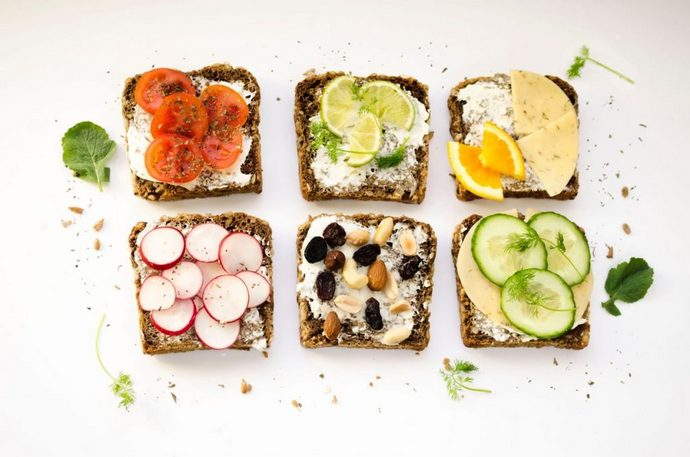Food is one of humankind’s greatest inventions. Over the years, we have turned food from just fuel for sustenance into a lifestyle choice. Here are some food myths to remember, from one foodie to another!
4 Weight Loss Myths to remember
A conversation with a friend recently sparked off this debate about personal trainers, and more importantly, how much they cost! Easily, a PT can charge you $100 and above per hour – that’s like almost $800 a month if you get them for 2 hours a week!
While there are plenty of people who believe in the importance of a PT and have benefited from them, there are many more for whom this has not worked. Why? Weight loss myths could very well be the reason. Here are 4 for you to be wary of:

Myth 1: Burning calories during a workout means you can afford to eat whatever you like. While exercise can help you burn calories, it can also trick your body into overeating by making you hungrier. Simply put, it’s the reward system: you reward yourself with a piece of cake after a good and long workout. Experts say that eating less food in moderation goes hand in hand with exercising, so it’s essential to be mindful of the calories you’re consuming post-workout. One way to avoid this? Hydrate as much as you can – it can go a long way to keeping your cravings in check.
Myth 2: Late night snacks are a perfect route to weight gain. This may not be true all the time – just because you go to bed with a full stomach doesn’t mean that the food immediately gets turned into fat. So long as you have a daily calorie plan set up for yourself, feel free to indulge. Just make sure not to exceed your daily calorie intake.
Myth 3: A uniformed calorie diet is a way to lose weight. The truth is, you can drop the kilos a lot easier when you vary the amount of daily calorie intake. In fact, fasting periodically and changing up your daily calorie intake can both help you lose the same amount of weight! You can also help to train your body’s hunger pains by eating lesser certain days.
Myth 4: A big breakfast helps you to lose weight by keeping you fuller. Although some studies have found that a big breakfast can help keep weight gain at bay, these studies have been primarily funded by cereal companies. An independent research conducted by a group of universities showed that there was no significant difference in the weight individuals lose, regardless of their intake of breakfast.
More myth busting, of the general variety
So Real VS So Fake: The Truth Meter
True: Ginger can help to ease an upset stomach
Ginger does help reduce nausea and vomiting – this is because of the calming compounds found in the spicy root such as gingerols and shogoals. So yes, you can reach out for some ginger ale, but it’s better to make your own, as store bought ones have copious amounts of sugar for preservation. Plus, it’s not hard to make – boil some crushed ginger and rock sugar in 2 litres of water. Cool, and serve iced.
Slightly True: You must drink 8 glasses of water a day
8 is simply a mythical number made up by health professionals over the years. In actuality, most of us need more than just 8 glasses of water, particularly when the weather is very hot. Also, when you’re working out, you lose a lot of water, hence its best to stay hydrated. A good guide would be the colour of your urine – if it’s a deep yellow, you better drink up!
Not so True: Bread causes inflammation
This is true because white bread and pasta (refined grains) are related to inflammation. However, whole grains, such as wholemeal slices of bread and wholegrain pasta, contain vitamin B and plenty of fibre. These two nutrients help to slow down digestion, thus stabilising blood sugar levels and decreasing inflammation.
So Fake: Placing Garlic in your ear can cure ear infections
Garlic in your ear and ear infections have no proven connections of any sort. Really.
For your bones and digestive system
What we already know: Prunes helps to keep your bowel movements regular.
What we just found out: Prunes also help to keep your bones healthy!
According to a study published in Osteoporosis International, postmenopausal women who ate prunes regularly have no bone-density loss over a period of six months, as opposed to women who stayed away from it. Prunes are known to possess both anti-inflammatory and antioxidant properties, and thus may protect bone cells from breaking down with age.




